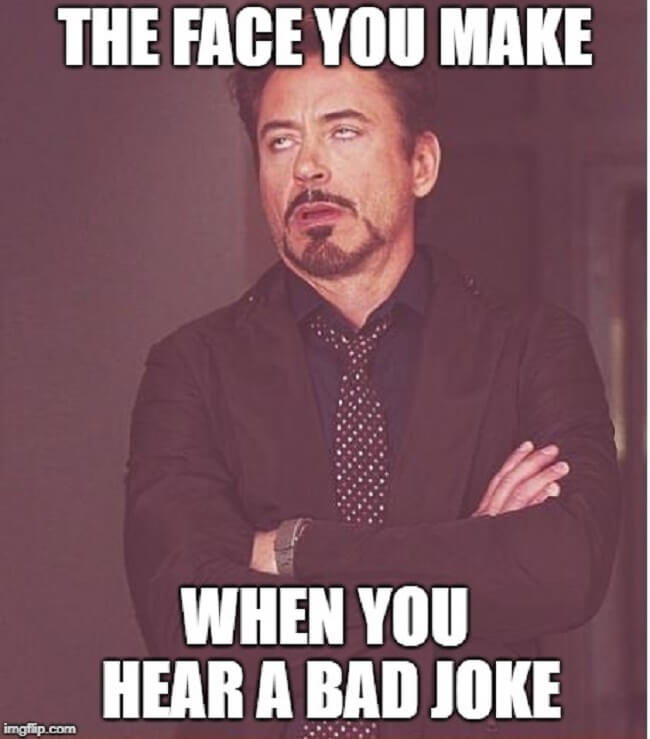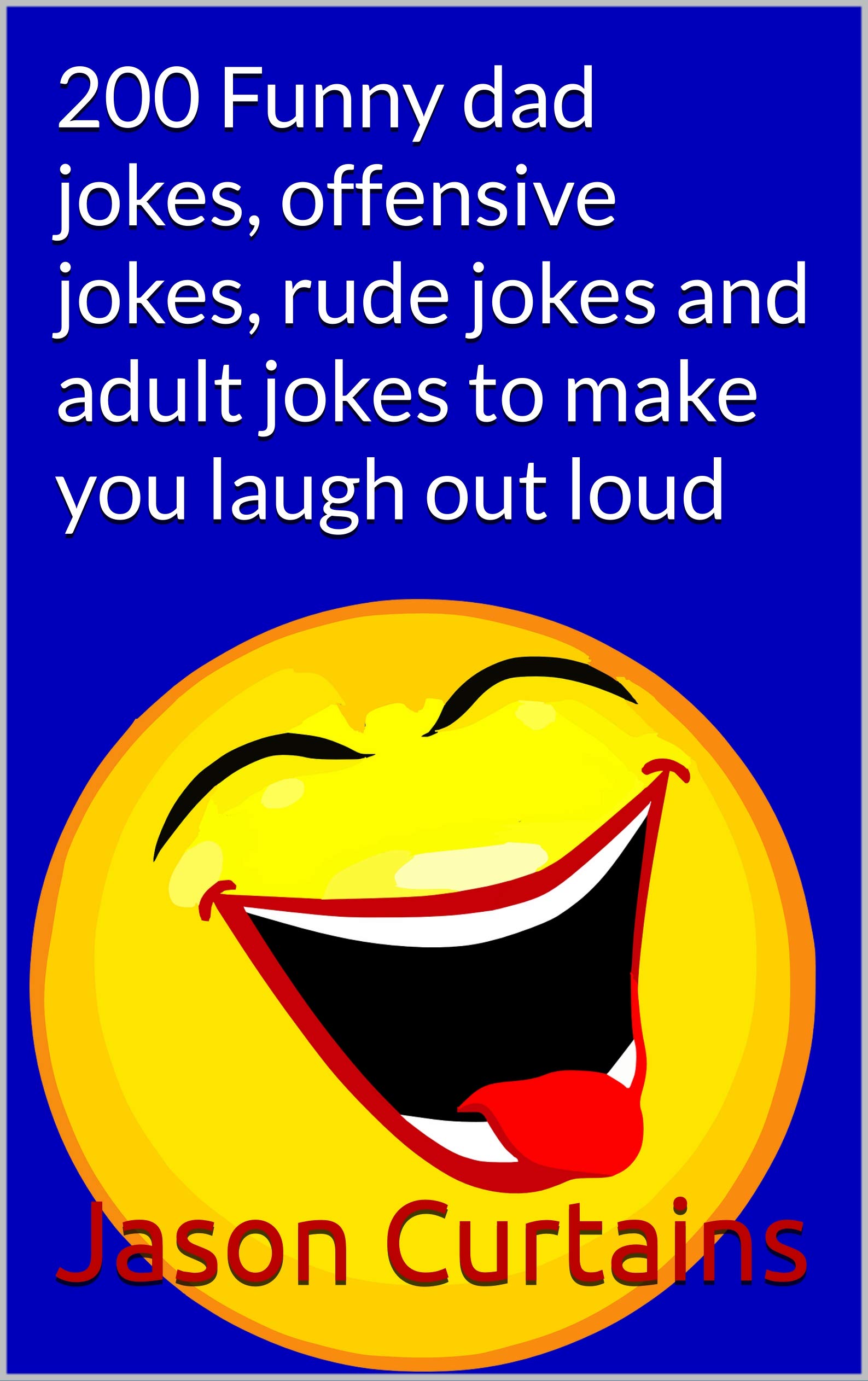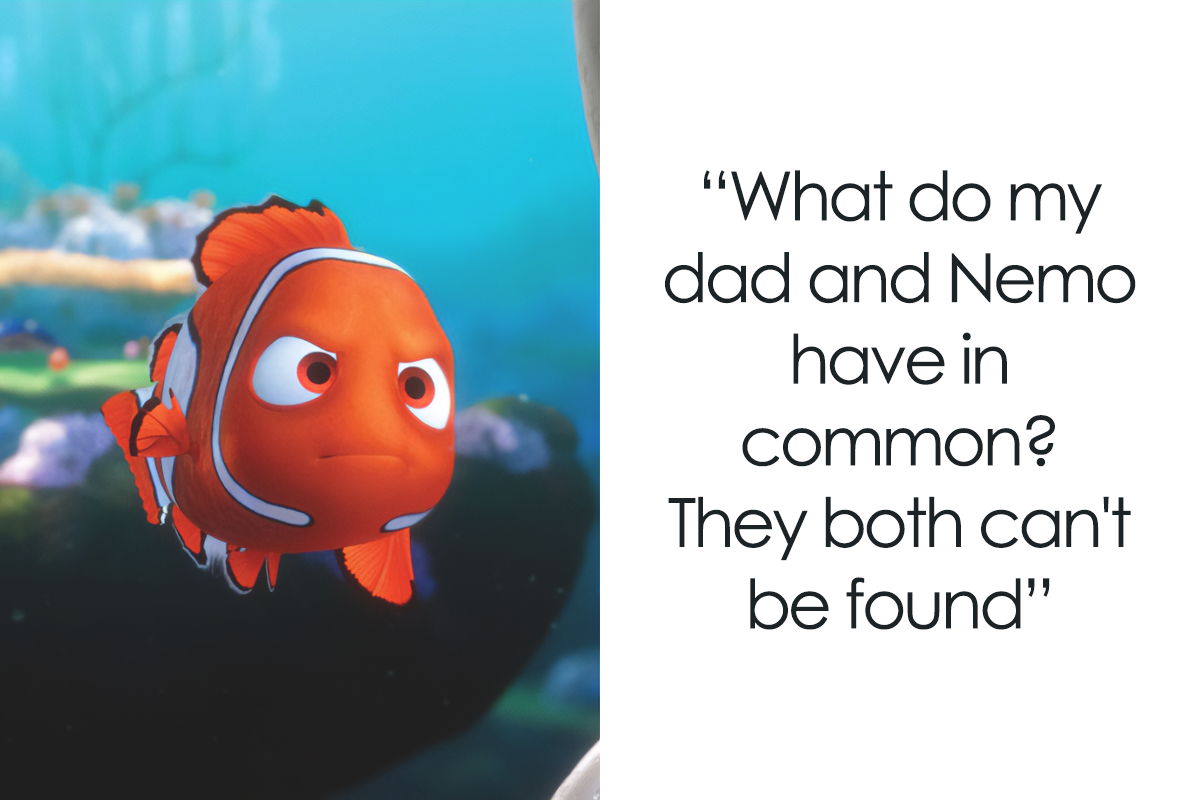Unveiling Most Offensive Jokes 2024: The Good, The Bad & The Ugly
Is comedy truly dead, or has it simply morphed into something darker, more provocative, and undeniably offensive? Prepare to navigate the treacherous waters of 2024's most controversial jokes humor that dares to tread where polite society refuses to go.
The world of jokes that cross the line is a minefield, where the parameters of what's considered acceptable are constantly being redefined, and the separation between a harmless jest and outright hateful rhetoric becomes increasingly fragile. The year 2024 has proven to be no different; the digital landscape is awash with jokes so edgy they've sparked widespread condemnation and intense public discussions.
These jokes frequently employ slurs, lean heavily on harmful stereotypes, and otherwise exploit offensive language with the explicit intention of provoking a response, often negative, from their intended audience. While some proponents argue that this type of humor is merely a form of 'edgy' comedy, designed to challenge sensitivities, others vehemently denounce it as hateful, divisive, and ultimately detrimental to social harmony. The debate surrounding the acceptability, or lack thereof, of offensive jokes has raged for decades, with no definitive consensus on the horizon.
- Guide Stranger Things Vegamovies Is It Safe Streaming Tips
- All About Drake Milligans Wife Who Is She Really
| Comedian Spotlight: Sarah Silverman |
|---|
|
| Career Information |
|
| Professional Information |
|
Despite the ethical and moral quandaries they present, offensive jokes continue to spread rapidly, often achieving viral status across various social media platforms. Some comedians have purposefully cultivated a career by specializing in this brand of humor, building a following around their willingness to push the boundaries, while others have faced significant backlash and professional repercussions for perceived transgressions.
Offensive jokes have always occupied a space within the broader landscape of comedy, but in recent years, they have become increasingly prevalent, and arguably, more extreme in their nature. This surge in popularity can be attributed, in part, to the pervasive influence of social media, which has significantly lowered the barrier to entry, making it easier for individuals to disseminate offensive jokes to a potentially vast audience. Furthermore, the increasingly polarized political climate has fostered a more combative environment, leading to a noticeable uptick in jokes that specifically target and denigrate particular groups within society.
- Edgy: Offensive jokes frequently test the limits of what is generally deemed acceptable within polite discourse. They may deliberately employ slurs, recycle tired and damaging stereotypes, or otherwise rely on offensive language as a means to elicit laughter or shock.
- Controversial: By their very nature, offensive jokes are almost invariably controversial, sparking heated debates about freedom of speech, the role of humor, and the potential for jokes to inflict real-world harm. While some individuals may perceive them as harmless entertainment, others find them deeply offensive and even hateful in their intent.
- Polarizing: Offensive jokes tend to be highly polarizing, cleaving audiences into two distinct camps: those who find them humorous or thought-provoking, and those who are deeply offended or disgusted by their content. This division can lead to significant conflict and exacerbate existing social tensions.
- Harmful: Perhaps the most significant concern surrounding offensive jokes is their potential to inflict tangible harm on the individuals and groups who are the targets of their humor. They can reinforce negative stereotypes, normalize prejudice, and make it more difficult for individuals to feel safe, accepted, and respected within their communities.
- Necessary: Conversely, some proponents argue that offensive jokes can, in certain contexts, be a necessary tool for social progress. They contend that such jokes can challenge entrenched taboos, spark crucial conversations about uncomfortable truths, and ultimately contribute to a more inclusive and tolerant society.
The debate surrounding the ethical and social implications of offensive jokes is likely to continue for the foreseeable future, with no easy answers or universal solutions readily apparent. Ultimately, the determination of whether a particular joke is acceptable or offensive rests with each individual, shaped by their own personal values, experiences, and sensitivities.
- Breaking What You Need To Know About The Yajana Cano Leaks Today
- Decoding Ranbir Kapoors Height Facts More Behind His Stature
Edgy humor is a deliberate strategy in comedy that involves intentionally challenging the established boundaries of what is considered socially acceptable. It often employs the use of slurs, perpetuates stereotypes, and utilizes other forms of potentially offensive language as a means to provoke a reaction, typically laughter, from the audience. While edgy humor is undoubtedly controversial and often polarizing, it can also be a potent tool for challenging societal norms and initiating critical conversations about sensitive topics.
- Facet 1: Social Commentary
Edgy humor can function as a powerful form of social commentary, effectively challenging the prevailing status quo and prompting critical reflection on societal issues. By deliberately employing offensive language and tackling taboo subjects, edgy comedians can effectively draw attention to important, yet often overlooked, issues, thereby sparking necessary debate and encouraging critical discourse. A prime example of this is the comedian Dave Chappelle, who has consistently utilized edgy humor as a platform to explore complex issues related to race, gender, and sexuality, often prompting both laughter and introspection from his audiences.
- Facet 2: Catharsis
Edgy humor can also serve as a form of catharsis, providing a release valve for pent-up emotions and societal anxieties. By engaging with offensive jokes, individuals may find a way to release accumulated anger, frustration, or even fear in a relatively safe and controlled environment. This cathartic release can be a healthy coping mechanism for dealing with difficult emotions, but it's crucial to acknowledge the potential for harm if it inadvertently leads to the normalization of discrimination or the incitement of violence.
- Facet 3: Attention-Grabbing
Edgy humor is often employed as a calculated strategy to grab attention and generate laughter, particularly by comedians seeking to establish themselves in a competitive industry. By pushing the boundaries of acceptable humor, they can create a buzz and attract a wider audience. However, it's essential to recognize that this approach carries significant risks. The deliberate use of edgy humor can easily backfire, leading to the unintentional spread of harmful stereotypes or the propagation of hate speech, ultimately undermining the comedian's intended purpose.
Edgy humor is a multifaceted and highly controversial subject, with no easy answers regarding its ethical implications or social value. Ultimately, the acceptability of edgy humor is a subjective determination, shaped by individual values, cultural context, and personal sensitivities. What one person finds humorous, another may find deeply offensive, highlighting the inherent complexities of this form of comedy.
The controversial nature of offensive jokes is a primary driver of their enduring popularity. Many are drawn to jokes that deliberately challenge the boundaries of what is considered acceptable, finding them inherently more humorous or thought-provoking than more conventional, 'safe' humor. Furthermore, offensive jokes can serve as a catalyst for initiating conversations about important social issues, prompting critical reflection and challenging ingrained social norms.
- Facet 1: Social Commentary
Offensive jokes can be wielded as a potent tool for social commentary, serving to challenge the prevailing status quo and stimulate critical dialogue. By strategically employing offensive language and tackling taboo topics, comedians can effectively draw attention to crucial yet often marginalized issues, sparking debate and fostering a deeper understanding of complex social dynamics. Dave Chappelle, for instance, has masterfully utilized edgy humor to dissect themes of race, gender, and sexuality, generating both laughter and critical self-reflection among his audiences.
- Facet 2: Catharsis
Offensive jokes can function as a form of catharsis, providing a channel for the release of pent-up anger, frustration, and societal anxieties. By engaging with these jokes, individuals may find a way to process difficult emotions in a relatively safe and controlled environment. However, it is vital to acknowledge the potential for harm if this cathartic release contributes to the normalization of discrimination or the incitement of violence.
- Facet 3: Attention-Grabbing
Offensive jokes can be employed as a calculated strategy to capture attention and elicit laughter, particularly by comedians seeking to establish themselves in a competitive field. However, this approach carries significant risks, as the deliberate use of offensive humor can easily backfire, leading to the unintentional spread of harmful stereotypes or the promotion of hate speech.
The inherent controversy surrounding offensive jokes is likely to remain a subject of intense debate for years to come. There is no simple or universally applicable answer to the question of their acceptability. Ultimately, it falls to each individual to determine what they find humorous and what they find offensive, based on their own personal values, experiences, and sensitivities.
Offensive jokes possess the inherent potential to be polarizing, effectively dividing audiences into those who find them funny and those who are deeply offended. This division can lead to significant conflict and social fragmentation, as individuals offended by these jokes may perceive them as direct attacks on their core values and beliefs. Furthermore, offensive jokes can inadvertently reinforce harmful stereotypes, making it more challenging to foster constructive dialogues about critical social issues.
- Facet 1: Social Identity and Group Dynamics
Offensive jokes often exploit pre-existing social identities and group dynamics, potentially exacerbating tensions and creating divisions. For example, a joke that ridicules a specific group of people may be perceived as humorous by those outside of that group, while simultaneously causing offense and pain to those who identify with it. This disparity in perception can lead to increased conflict and a sense of alienation, as individuals feel that their group is being unfairly targeted and ridiculed.
- Facet 2: Moral Values and Beliefs
Offensive jokes frequently touch upon deeply held moral values and beliefs, triggering strong emotional reactions and potentially leading to significant conflict. For instance, a joke that mocks a particular religion or political ideology may be considered humorous by those who do not subscribe to those beliefs, but it is likely to be deeply offensive to those who do. This clash of perspectives can result in heightened tensions and a sense of disrespect, as individuals feel that their deeply cherished beliefs are being trivialized and mocked.
- Facet 3: Power Dynamics and Marginalization
Offensive jokes often exploit existing power dynamics and the marginalization of certain groups within society, potentially reinforcing harmful stereotypes and perpetuating inequalities. A joke that ridicules a group of people who are already marginalized may be perceived as humorous by those who are not, but it is likely to cause significant offense and pain to those who are. This disparity in perception can contribute to feelings of being targeted and ridiculed due to one's social status, further exacerbating feelings of marginalization and disempowerment.
- Facet 4: Context and Intent
The context in which an offensive joke is told, and the perceived intent of the teller, can significantly influence how it is received. A joke that is considered funny in a private setting among close friends may be deemed highly offensive if shared more widely. Similarly, a joke that is intended to be humorous may be received differently than a joke that is perceived as intentionally hurtful or malicious. Understanding these nuances is crucial for navigating the complexities of offensive humor and minimizing the potential for unintended harm.
It is imperative to be acutely aware of the potential for offensive jokes to be polarizing and divisive, contributing to social fragmentation and conflict. When engaging in humor, it is essential to be mindful of the audience, the context, and the potential impact on others. A commitment to respecting diverse beliefs, values, and sensitivities is paramount in fostering a more inclusive and harmonious society.
Offensive jokes can have a demonstrably harmful impact on the individuals and groups who are the targets of such humor. They can serve to reinforce negative stereotypes, making it more difficult for people to feel accepted, respected, and valued within their communities. For example, jokes that perpetuate harmful stereotypes about individuals based on their race, gender, sexual orientation, or other protected characteristics can significantly undermine their sense of self-worth and belonging.
Furthermore, offensive jokes can contribute to the creation of a hostile and unwelcoming environment for those who are targeted by the humor. This can make it challenging for individuals to feel safe, comfortable, and secure in their own communities, leading to feelings of isolation, anxiety, and even fear.
It is crucial to recognize and acknowledge the potential harm that offensive jokes can inflict on individuals and society as a whole. When engaging in humor, it is essential to be mindful of the audience, the context, and the potential impact on others. Cultivating a culture of respect, empathy, and inclusivity is essential for mitigating the negative consequences of offensive humor and fostering a more just and equitable society.
While the topic of offensive jokes is undoubtedly controversial, some argue that such jokes can, under certain circumstances, serve as a catalyst for positive social change. They contend that offensive jokes can challenge entrenched taboos, initiate critical conversations about uncomfortable issues, and ultimately contribute to the advancement of social progress.
- Breaking Taboos
Offensive jokes can play a vital role in breaking down societal taboos by humorously addressing topics that are often considered too sensitive or controversial for open discussion. By making light of these issues, offensive jokes can help to create a more open and honest dialogue, reducing the stigma associated with them and encouraging greater understanding and empathy.
- Starting Conversations
Offensive jokes can serve as a potent tool for initiating conversations about important social issues, particularly those that are often avoided or ignored. By using humor to engage audiences, offensive jokes can make it easier to discuss difficult topics in a way that is both accessible and thought-provoking, fostering greater awareness and understanding.
- Promoting Social Progress
Offensive jokes can contribute to social progress by challenging harmful stereotypes, promoting tolerance, and fostering a greater understanding of diverse perspectives. By satirizing prejudice and discrimination, offensive jokes can help to dismantle barriers and create a more just and equitable society for all.
It is important to acknowledge that not all offensive jokes are created equal. Some jokes are simply mean-spirited, hateful, and devoid of any redeeming social value. However, when used responsibly and thoughtfully, offensive jokes can be a powerful force for change, challenging societal norms, promoting dialogue, and fostering a more inclusive and equitable world.
This section addresses frequently asked questions and common misconceptions surrounding the topic of "most offensive jokes 2024," providing clear and informative answers to enhance understanding and promote critical thinking.
Question 1: What constitutes an offensive joke?
An offensive joke is characterized by its use of slurs, derogatory language, or humor that targets and ridicules specific groups or individuals based on their race, gender, religion, sexual orientation, disability, or other sensitive personal characteristics. These jokes often perpetuate harmful stereotypes and contribute to a climate of prejudice and discrimination.
Question 2: Why are offensive jokes considered to be harmful?
Offensive jokes are considered harmful because they can reinforce negative stereotypes, perpetuate prejudice, and create a hostile environment for those who are targeted. They can also inflict emotional distress, undermine feelings of self-worth, and contribute to a climate of fear and exclusion.
Question 3: Is there ever a justification for telling offensive jokes?
While some argue that offensive jokes can be used to challenge societal norms or raise awareness about important social issues, it is crucial to carefully consider the potential harm they may cause. Generally, it is considered unethical to use humor that intentionally belittles, demeans, or dehumanizes others.
Question 4: What are the potential legal consequences of telling offensive jokes?
In some jurisdictions, hate speech laws may apply to offensive jokes that incite hatred or violence against specific groups. Additionally, offensive jokes made in the workplace or educational settings may violate anti-discrimination and harassment policies, leading to legal repercussions.
Question 5: How can we effectively address offensive jokes in society?
It is essential to challenge offensive jokes by expressing disapproval, educating others about their harmful effects, and supporting organizations that promote tolerance, respect, and inclusivity. Creating a culture of accountability and promoting empathy are crucial for mitigating the negative impact of offensive humor.
Question 6: What responsibility do comedians have in preventing the spread of offensive humor?
Comedians wield significant influence in shaping societal norms and attitudes. They have a responsibility to use their platforms to promote humor that is inclusive, respectful, and does not perpetuate harmful stereotypes or contribute to a climate of prejudice and discrimination. Responsible comedy can challenge societal norms in a positive way, promoting critical thinking and fostering empathy.
In conclusion, offensive jokes are generally considered harmful and should be avoided. While they may occasionally be used to challenge societal norms, it is imperative to prioritize respect, empathy, and inclusivity in all forms of humor.
Transition to the next article section: A comprehensive understanding of the nuances of offensive humor and its multifaceted impact on society is essential for cultivating a more respectful, equitable, and inclusive environment for all.
- Unlock Nbtxbecca05 What It Is Why It Matters 2024
- Vegamovies 4k Movie Stream Download In Stunning 4k Year Guide

15 Offensive Jokes that should be (not until you've laughed)

200 Funny dad jokes, offensive jokes, rude jokes and adult jokes to

150 Dark Humor Jokes For All The Dark Comedy Enthusiasts Out There